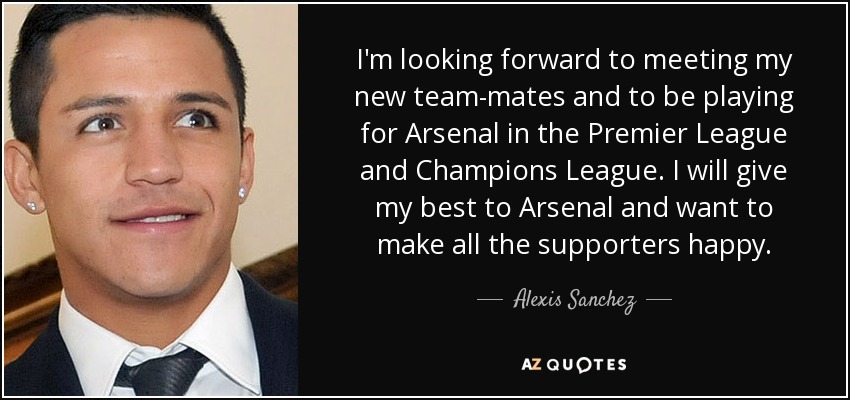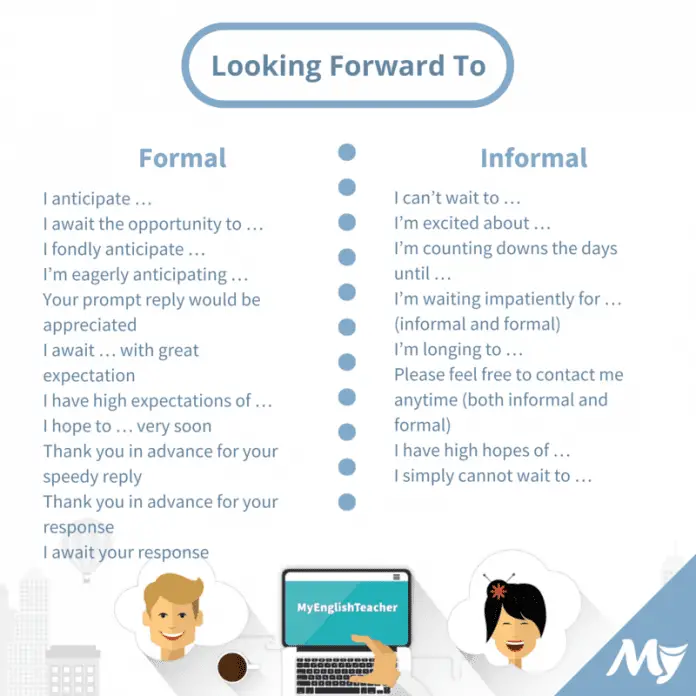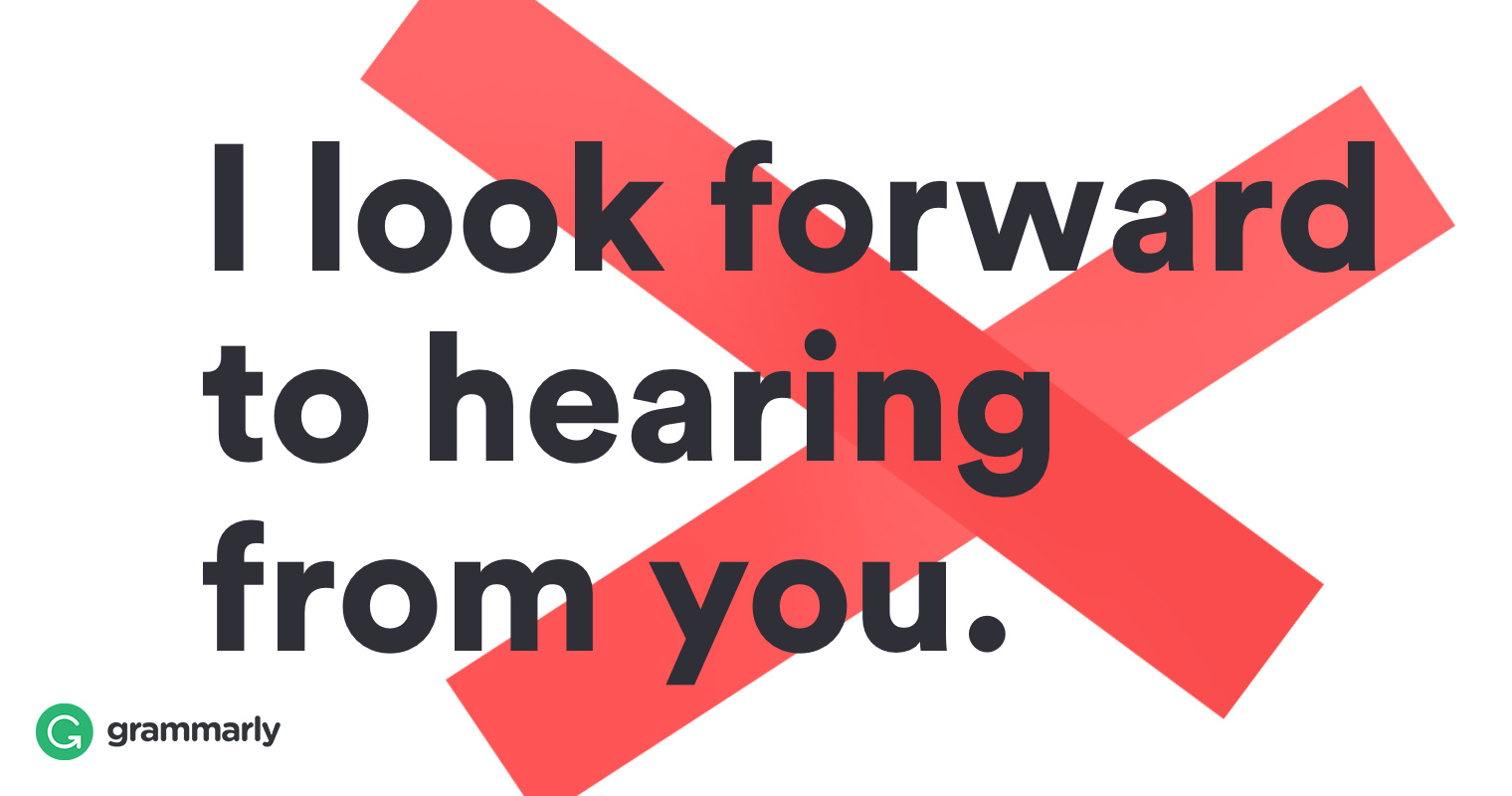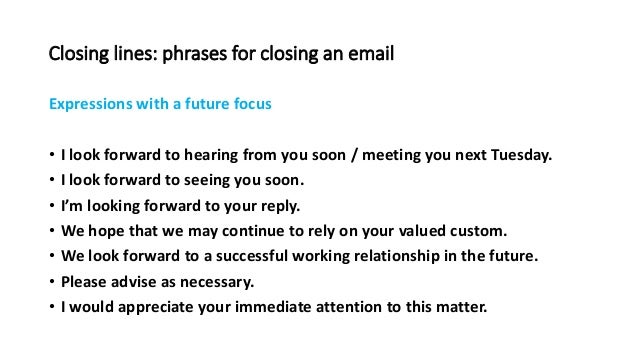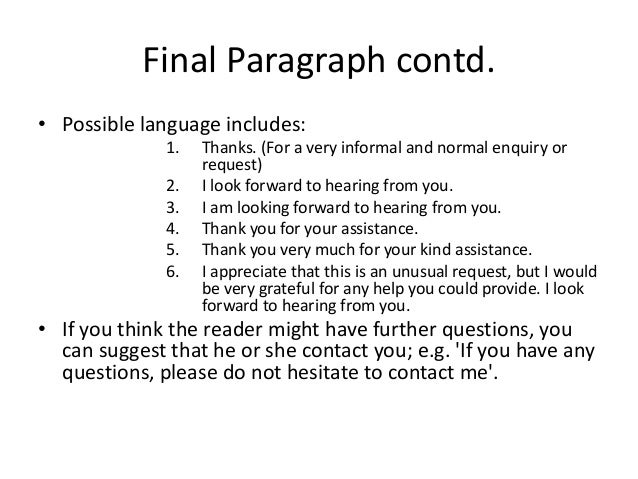Some examples from the web:
I'm looking forward to meeting you too.
I'm looking forward to tonight. ;
I'm looking forward to retirement. ;
I'm looking forward to meeting your friend. ;
I'm looking forward to seeing them too. ;
I'm looking forward to hell. ;
I'm looking forward to meeting her and your husband, too. ;
I'm looking forward to completing your training. ;
Tell professor yure that i'm.
It would help to go through this article to learn another way to say, “looking forward”.
These synonyms might be more suitable in some cases.
The preferred versions are “eagerly anticipating,” “keen to,” and “hoping for. ”.
They are all positive phrases that show that you’re really excited to talk to somebody about something or.
Whilst the two phrases “i look forward to meeting you” and “i’m looking forward to meeting you” have the same meaning, they could be seen as having different implications, making the former better in a formal setting, and the latter better in a casual setting.
Getting rid of the subject (i/i’m) can also effect the way it comes across.
Hello varanasi, yes, your sentence is correct!
If you haven't met the person before, you can use this sentence for an online meeting.
However, if you have met this person, you can change your sentence to:
I look forward to meeting with you soon.
I hope this helps, daniel.
Thanks for your question.
Let us take a closer look at it.
“‘i look forward to meeting you too’, does this statement make sense?” the short answer is ‘yes’.
It is grammatically correct, but there are a few other ways of saying the same thing and mean it. `.
Good email communication eliminates guesswork for the recipient.
The problem with “i look forward to hearing from you” is that it removes you from the active role and puts you in a subservient one.
Now, you’re just waiting passively for a response rather than moving the email thread forward, and your recipient may.
“thank you for considering my proposal, mr.
I am looking forward to.
Or i’m looking forward to meeting you.
I’m responsible for closing this deal.
Let’s get excited about selling our newest product.
I’m interested in hearing more about this merger.
Using “appreciate” correctly may seem tricky, but it is fairly straightforward if you remember that appreciate is a verb.
“let me know if you are interested so that i can get started immediately”.
You’re one of the best in the business.
This is a good way to say that you have been looking forward to working with this person for a long time because of how well they do their job.
15 “it’s a real honor to be working with someone of your experience and caliber.
I just know this will go perfectly. ”.
Some examples from the web:
I look forward to meeting you and discussing more!;
My family and i look forward to meeting you and having you as part of our family. ;
But now that your mole problem has been fixed, i look forward to meeting you.
I look forward to meeting you and hearing from you as soon as possible. ;
I'm new to the board and i look forward to meeting you and.
5. 1 i look forward to speaking with you.
5. 2 talk to you soon.
6 bonus formal and casual alternatives to “looking forward to talking to you”.
6. 1 i am looking forward to our meeting.
6. 2 i am excited to talk to you soon.
7 frequently asked questions on looking forward to.
When trying to address someone in a professional manner when a potential meeting is coming up, you might be wondering how you should properly express this to them.
T he grammatically correct way to express this would be to say “i look forward to meeting you” and not “i look forward to meet you. ”.
Saying “i look forward to.
“i’m looking forward to going to florida. ”.
In the same way, “i’m looking forward to meeting you” is correct.
It would help if you did not use “looking forward to” in this phrase.
Writing something like that is undoubtedly grammatically correct, but it’s not something you’d see in a professional setting.
*i'm looking forward to meeting you in person. * second:
These differ only slightly and that is with the language used.
The first one is slightly more intimate and the second one is a bit vaguer.
It really depends on the sentences and conversations beforehand but that's kind of a theme. |looking forward means it will happen hope means you are not sure it will happen|you.
The verb is ' to look forward to ' = ' to anticipate ' (transitive = requires a direct object).
So, the direct object should be the gerund (noun) form of the verb ' to meet ', i. e.
i'm waiting to meet you .
Only #2 is correct.
The phrasal verb ' look forward to ' must be followed by a noun or, as in this.








